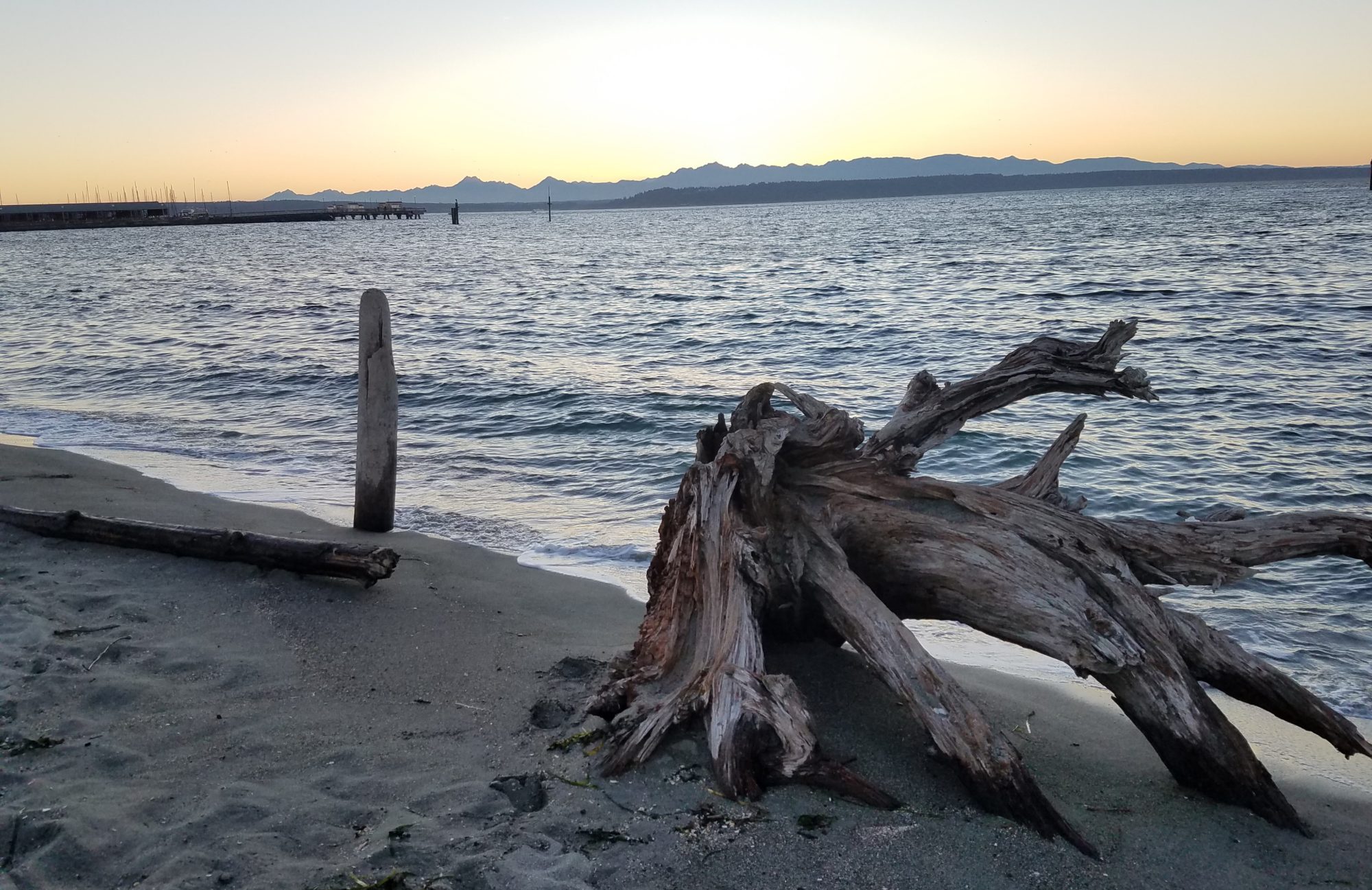(Gratitude to sister Amina who posted this on her blog earlier)
We think that if we just meditated enough or jogged enough or ate perfect food, everything would be perfect. But from the point of view of someone who is awake, that’s death. Seeking security or perfection, rejoicing in feeling confirmed and whole, self-contained and comfortable, is some kind of death. It doesn’t have any fresh air. There’s no room for something to come in and interrupt all that. We are killing the moment by controlling our experience. Doing this is setting ourselves up for failure, because sooner or later, we’re going to have an experience we can’t control: our house is going to burn down, someone we love is going to die, we’re going to find out we have cancer, a brick is going to fall out of the sky and hit us on the head, somebody’s going to spill tomato juice all over our white suit, or we’re going to arrive at our favorite restaurant and discover that no one ordered produce and seven hundred people are coming for lunch.
The trick is to keep exploring and not bail out, even when we find out that something is not what we thought. That’s what we’re going to discover again and again and again. Nothing is what we thought.
Things are always in transition, if we could only realize it. Nothing ever sums itself up in the way that we like to dream about. The off-center, in-between state is an ideal situation, a situation in which we don’t get caught and we can open our hearts and minds beyond limit. It’s a very tender, nonaggressive, open-ended state of affairs. To stay with that shakiness—to stay with a broken heart, with a rumbling stomach, with the feeling of hopelessness and wanting to get revenge—that is the path of true awakening. Sticking with that uncertainty, getting the knack of relaxing in the midst of chaos, learning not to panic—this is the spiritual path.
Things falling apart is a kind of testing and also a kind of healing. We think that the point is to pass the test or to overcome the problem, but the truth is that things don’t really get solved. They come together and they fall apart. Then they come together again and fall apart again. It’s just like that. The healing comes from letting there be room for all of this to happen: room for grief, for relief, for misery, for joy. – Pema Chodron
